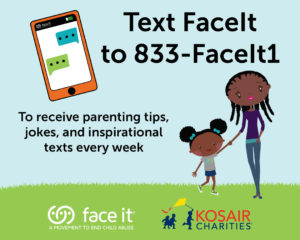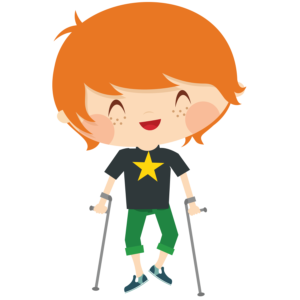Emotional/Social Changes
During these years, teens might experience some or all of the following.
Mood swings are normal. Teens may experience a mixture of high self-confidence, as well as feelings of worthlessness. Helping your teen know that these feelings are normal and solutions to manage them can help build emotional regulation skills that can last a lifetime. If your teen is experiencing tough negative emotions, share these healthy ways to vent.
Show more independence from parents. Teens often deal with issues in their daily lives that they do not wish to discuss with their parents. Their desire for privacy and independence often looks like they are pushing away their loved ones. Some parents will push their teens to share with them, which only causes them to drift further away. Others may give too much space, causing them to worry that their teen will drift away. It’s important to strike a balance by showing your teen unconditional love and making sure they know that you are always around to listen and support without judgement.
Feel stress from more challenging school work. Teens face a lot of pressure, including school, peers, and developing autonomy. Some stress during this difficult time is normal, even expected. It’s important for parents to encourage their teens to utilize healthy coping skills and techniques to deal with their stress. It’s also important to teach teens that they can reach out to us without judgement if they begin to feel overwhelmed by their stress and anxieties.
Development in romantic relationships/attractions. Around the time of adolescence, teens begin to feel romantic attractions and the many emotions that come with that. While parents may worry about the physical and emotional toll these attractions and relationships may have, there are things parents can be sure to discuss with their teens to mitigate these risks, such as healthy relationship boundaries, consent, and what is/is not appropriate in romantic relationships.
If you are worried that your teen may be showing interest in using drugs, alcohol or having suicidal thoughts, talk to your teen about what they have been feeling and what is going on in their life. Don’t discredit anything they disclose to you. Together, you can visit the doctor and develop a plan that can help your teen regain control.







